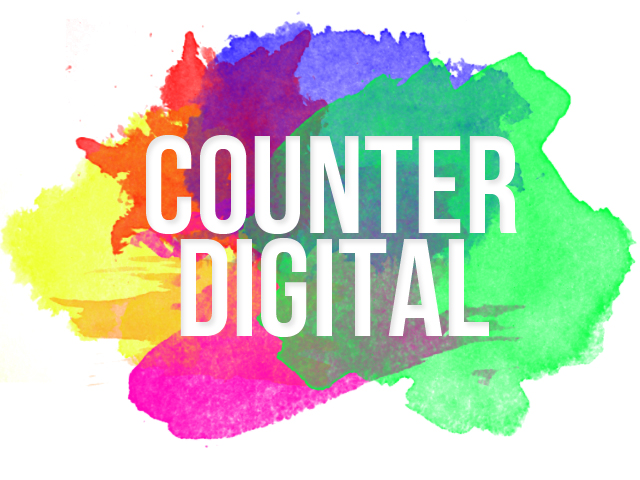Sometimes we’re so focused on the day-to-day that we forget to take time to ask ourselves questions about our businesses:
Where are we going?
What should we do next?
How do we get there?
If you work within the food, hospitality or tourism sectors of Northern Ireland the Focus on Food 2016 conference in Belfast was a great opportunity to ask those questions and think about the future.
Lessons
Although the conference was centered on a specific set of industries it’s easy to use the lessons learned when working in other sectors as well.
Lynsey Holywood of Ulster University noted that successful “food tourism” is achieved by creating “authentic, memorable and engaging experiences”.
Holywood also highlighted that a food industry disrupter, like AirBnB in the hospitality sector, is not far away. It is predicted that soon, amongst other things, we will be able to hire incredible chefs and cooks for the night or even eat in their own homes!
These two points can easily be expanded onto other industries and it’s clear that in 2016 we can’t rest on our laurels. We have to constantly ask ourselves questions, challenge our businesses and strive to move forward because disrupters are everywhere.
Likewise, we also have to create something authentic, engaging and valuable for our customers. Ewan Venters, Fortnum & Mason CEO, continued with this theme as he highlighted two key points to consider when marketing any brand, service or product:
Creating a shift in perception takes time
Creating memories leave a lasting impression and creates (social) content
Another interesting point came via Damien Donnelly as he highlighted that one third of all restaurant bookings now come directly from Google alone!
Digital Point of View
The above are just a small number of the many valuable points raised on the day and from a digital marketing point of view, in any industry, this means really striving to create incredible content and campaigns.
It also means businesses have to get themselves on Google in the correct way because if they aren’t doing it, one of their competitors is.
Finally, in todays saturated marketplace experience really is everything but that memorable experience could be a simple video on Facebook with a friendly face and a local voice behind it.
It could also be as simple as monitoring customer reviews and searching for new ways to improve.
As Ewan Venters noted, improving and shifting perceptions takes time but taking a moment to think is the start everyone needs.

